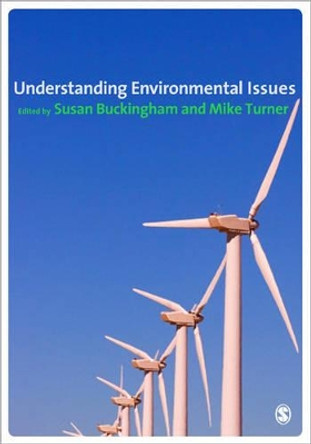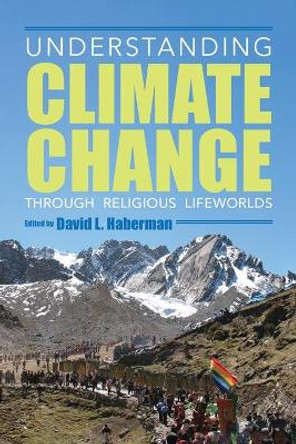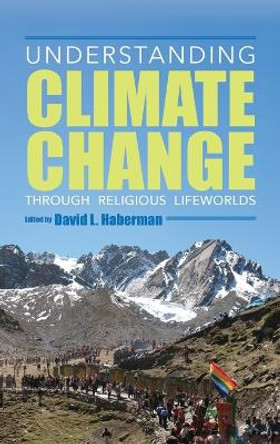Description
This book explains how gender, as a power relationship, influences climate change related strategies, and explores the additional pressures that climate change brings to uneven gender relations. It considers the ways in which men and women experience the impacts of these in different economic contexts. The chapters dismantle gender inequality and injustice through a critical appraisal of vulnerability and relative privilege within genders. Part I addresses conceptual frameworks and international themes concerning climate change and gender, and explores emerging ideas concerning the reification of gender relations in climate change policy. Part II offers a wide range of case studies from the Global North and the Global South to illustrate and explain the limitations to gender-blind climate change strategies.
This book will be of interest to students, scholars, practitioners and policymakers interested in climate change, environmental science, geography, politics and gender studies.
About the Author
Susan Buckingham works as an independent researcher, writer and consultant on gender-environment issues. She has recently published a four-volume anthology on gender and environment and has edited five other books on environmental issues. She is currently working on the second edition of Gender and Environment (2000), which has been a key text in this area in Europe, North America, Australia and New Zealand. She is currently the gender consultant to the EU research programme 'URBAN-WASTE'. Susan is also a yoga practitioner and teacher and writes on yoga in research. Virginie Le Masson is a Research Fellow at the Overseas Development Institute (ODI), UK. Her research interests combine social inclusion, disaster risk reduction and climate change mitigation and adaptation. Her research also looks at the sustainable development of mountain communities. Before joining ODI, Virginie worked with the French Red Cross disaster risk management programme in the Indian Ocean, and with a study abroad programme on climate change and the politics of food, water and energy.
Reviews
" Understanding Climate Change Through Gender Relations provides enlightening and accessible perspectives about the necessity of addressing gender relations within the context of climate change. Not explicitly a work of ecofeminism, the content and arguments will be of no surprise to those familiar with ecofeminism, as both the theoretical essays and case studies are broadly informed by ecofeminist principles of care, equity, intersectionality, and justice for both the planet and humanity equally. Understanding Climate Change Through Gender Relations thoroughly indicates the necessity of engagement with feminist environmental thought both theoretically and pragmatically if we are to save humanity and the planet." - Sarah O'Brien, Drew Theological School, Madison, USA
"The intersectional and post-colonial-feminist anthology Understanding Climate Change through Gender Relations represents a refreshing and militant commitment to the realization of the humane side of climate change. Overall, the anthology provides a compelling variety of theoretical and empirical contributions and is enlightening beyond the boundaries of climate change research. The gender perspective and an intersectional, post-colonial-feminist claim are confidently maintained in all texts and in this way illuminate the humane dimension of changes in the climate in terms of dominance and power." - Sahra Dornick, Research Associate at the Center for Interdisciplinary Women and Gender Studies (ZIFG), Berlin
Book Information
ISBN 9780367218881
Author Susan Buckingham
Format Paperback
Page Count 224
Imprint Routledge
Publisher Taylor & Francis Ltd
Weight(grams) 560g






